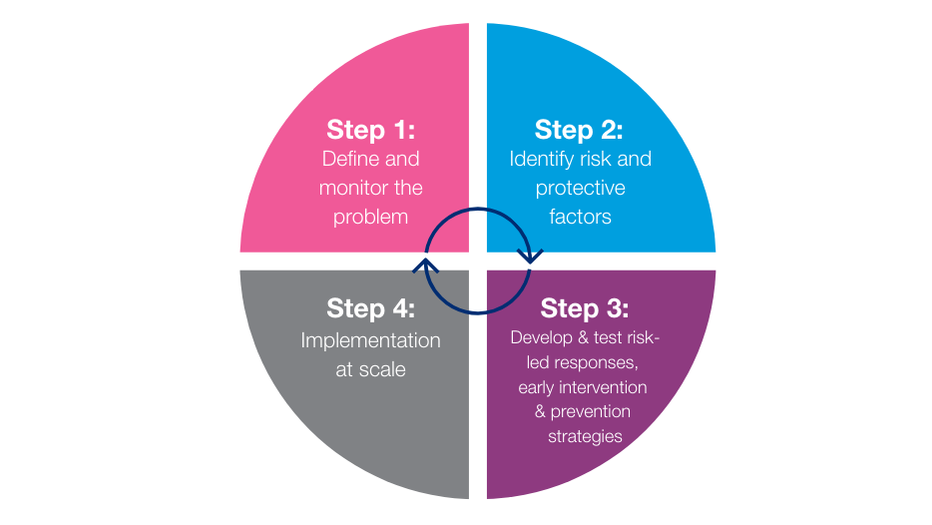Developed by the Domestic Violence Project in Duluth, Minnesota, the Medical Power and Control Wheel displays some of the ways in which healthcare professionals may unintentionally respond poorly to disclosures of domestic violence and abuse (DVA), collude with perpetrators and therefore increase risk, and impact the safety of the victim.
The aim and primary use of this wheel is to guide and inform healthcare professionals of the importance of responding appropriately to victims and survivors when disclosing domestic abuse. The wheel provides examples of negative or harmful responses that may be given by healthcare professionals in response to a disclosure. A simple summary would be to say that it gives a ‘what not to do’ guide on how to communicate with a victim following disclosure.
For example, the wheel looks at the importance of only speaking with a victim or survivor when they are alone and understanding the risk and impact of breaching confidentiality and taking the circumstance out of the patient’s hands. Additionally, it warns against asking if the patient has considered leaving the relationship or advising what they could change about their behaviour to ease the situation.
The Medical Power and Control Wheel gives these as examples of harmful responses to help healthcare professionals understand the impact this can cause a victim. We know victims and survivors trust healthcare professionals to respond to their disclosure appropriately and know how to support them following this. The above responses convey to a victim a lack of understanding about their circumstances and places blame on them for not having done something about it.
The wheel itself is an adapted version of the Power and Control Wheel, created by the same organisation. Produced and distributed by National Centre for Domestic and Sexual Violence, the Medical Power and Control Wheel is widely recognised and used frequently within DVA training for healthcare professionals. The wheel, used in conjunction with other materials, is part of the training provided by the IRIS programme to General Practitioners across the country.
A review of the common trends found amongst DHR’s (Domestic Homicide Reviews) completed by the Home Office stated the following in relation to healthcare professionals:

